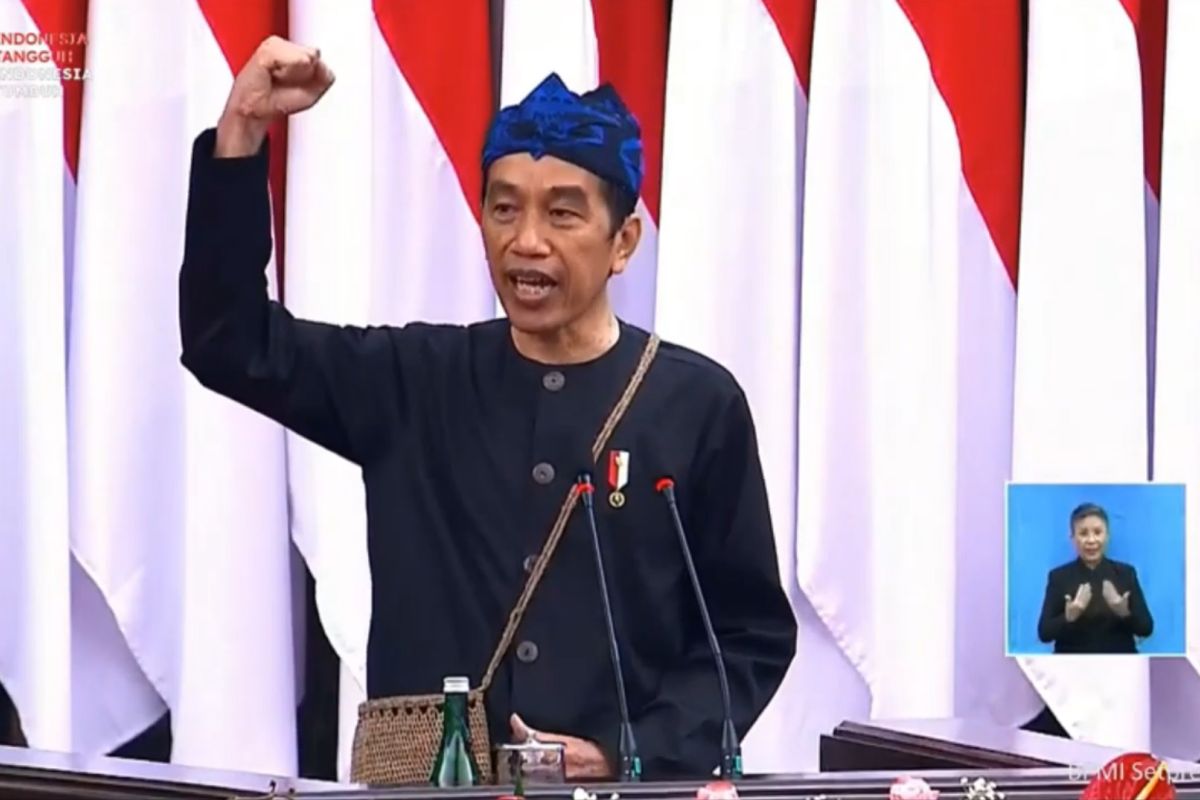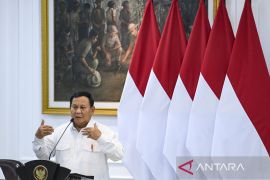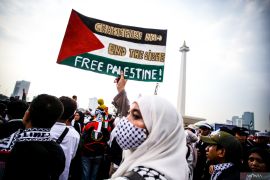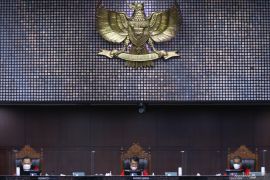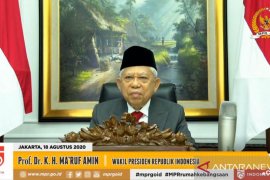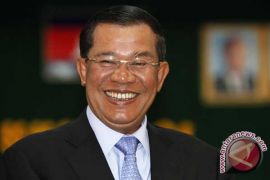It also applies to the strategies in handling the COVID-19 pandemic in the country. Thus, have the policies complied with the constitution?
Presidential Special Staff of Communications Affairs, Fadjroel Rachman, stated that the head of state always adhered to the constitution in dealing with the pandemic.
Citing an example, Rachman noted that the enforcement of community activities restrictions (PPKM) is a constitutional obligation fulfilled by the president.
The policy has been part of the government’s endeavors to protect all Indonesians and boost public welfare – two of the four national goals as outlined in the Preamble of Indonesia’s Constitution.
The enforcement aims to save the public from the high transmission of COVID-19 through the implementation of 5M health protocols: wearing masks properly, washing hands with soap regularly, maintaining physical distancing, avoiding crowds, as well as reducing public mobility.
In addition, the government conducts the mass vaccination program in all regions across Indonesia.
The presidential special staff stated that the head of state had succeeded in conducting various bilateral and multilateral diplomatic activities to provide vaccines for Indonesians.
As of the first week of August 2021, Indonesia had received 180 million doses of vaccines. Furthermore, over 57 million people had received the first dose, while over 31 million recipients had completed the vaccination program as of August 22, 2021.
In handling the pandemic, the government not only focuses on health programs but also on economic recovery and social protection programs. To this end, the government had allocated a budget of Rp695.2 trillion in 2020 and Rp699.43 trillion in 2021.
Finance Minister Sri Mulyani Indrawati informed that amid the enforcement of PPKM, the government had offered additional national health budget of Rp193.93 trillion.
The additional budget was provided for the testing, tracking, and treatment program for 230 thousand patients; the health officers’ work incentives and death compensation; as well as purchasing medicines and personal protective equipment.
Moreover, the budget was utilized for the procurement of vaccines, National Health Insurance payment for 19.15 million people, as well as tax incentives for the health sector.
Rachman remarked that the government had prepared an additional budget of Rp6.1 trillion for social assistance programs in the July-August 2021 period, with a target of 10 million beneficiary families.
Furthermore, the government has provided Rp28.8 trillion worth of village funds for eight million families, Rp40.19 trillion of non-cash food assistance for 18.8 million families, as well as Rp7.58 trillion for the Electricity Discount program for 32.6 million customers.
In addition, internet assistance for 27.67 million students and teachers will be disbursed in the third quarter of 2021.
President Joko Widodo expressed gratitude for mutual cooperation among all parties in handling the pandemic, as it is one of the keys to the successful enforcement of the PPKM policy.
Furthermore, the president noted that a policy cannot be implemented in the long term to see its effectiveness in handling the pandemic. Thus, a periodic evaluation of the PPKM policy will continue to be conducted by taking into account various indicators in each region.
All policies issued by the government also align with the various recommendations of the academics, public, and other stakeholders.
Related news: PPKM lowers daily COVID-19 case count: Healthy Ministry's spokesperson
Policy Priority
Not all parties will support a policy at once. However, the public can see that all policies adopted by the government are based on the interests of the nation, as public health and economic growth have to be maintained equally.
Hence, the government should determine its priority scale in every policy, considering that Indonesia has a vast population as an unavoidable fact amid the pandemic that has brought about changes in social classes in society.
Those who earlier belonged to the upper economic class, but were unable to survive amid the pandemic, could fall in the middle class or even the lower bracket.
On the other hand, the creative lower or middle economic class people, who managed to tap opportunities during the pandemic, might improve their economic condition.
Hence, the government has to become increasingly sentient of the changes to ascertain the priority scale regarding who should get more attention in the policies for handling the pandemic.
The motto of "no one left behind" should remain the foundation of every policy, as determining the priority scale for the policies should not overlook certain economic groups.
Related news: COVID-19: Pfizer vaccine distribution starts in Jabodetabek area
Finding the Balance
The president admitted in his state speech at the Parliamentary Complex, Jakarta, on August 16, 2021 that the pandemic had taught the nation to strike a balance between public health and economic interests.
He emphasized that the government will continue to refer to the latest data, science, and technology in making decisions.
Thus, the government has to always be responsive to the changing circumstances on a daily basis.
The policy implementation must adhere to its objectives and directions consistently. However, the real strategy and management have to adapt dynamically to the problems and challenges.
Furthermore, the head of state noted that the tightening and relaxation of community restrictions should only last for a week by referring to the latest data.
The attempt may be considered to be an inconsistent policy, albeit deemed necessary to strike the best balance between health and economy for the public.
Related news: Setiabudi Health Center offers Moderna vaccine for public
Meanwhile, the government has also offered further social assistance to ease the lives of people in the wake of mobility restrictions. However, the government has to ensure that the assistance is disbursed evenly and on target.
In addition, the government ensures that people can get decent jobs to boost the national economy as a sustainable economic solution.
Thus, it can be concluded that the government’s policies to handle the pandemic adhere to the constitution, as the president is always seeking a balance between public health and economic development by offering various social assistance programs amid the enforcement of PPKM.
Related news: Agrarian conflicts cast a pall on national development: HR Commission
Related news: President: COVID-19 case decline key for economic growth
Editor: Fardah Assegaf
Copyright © ANTARA 2021
